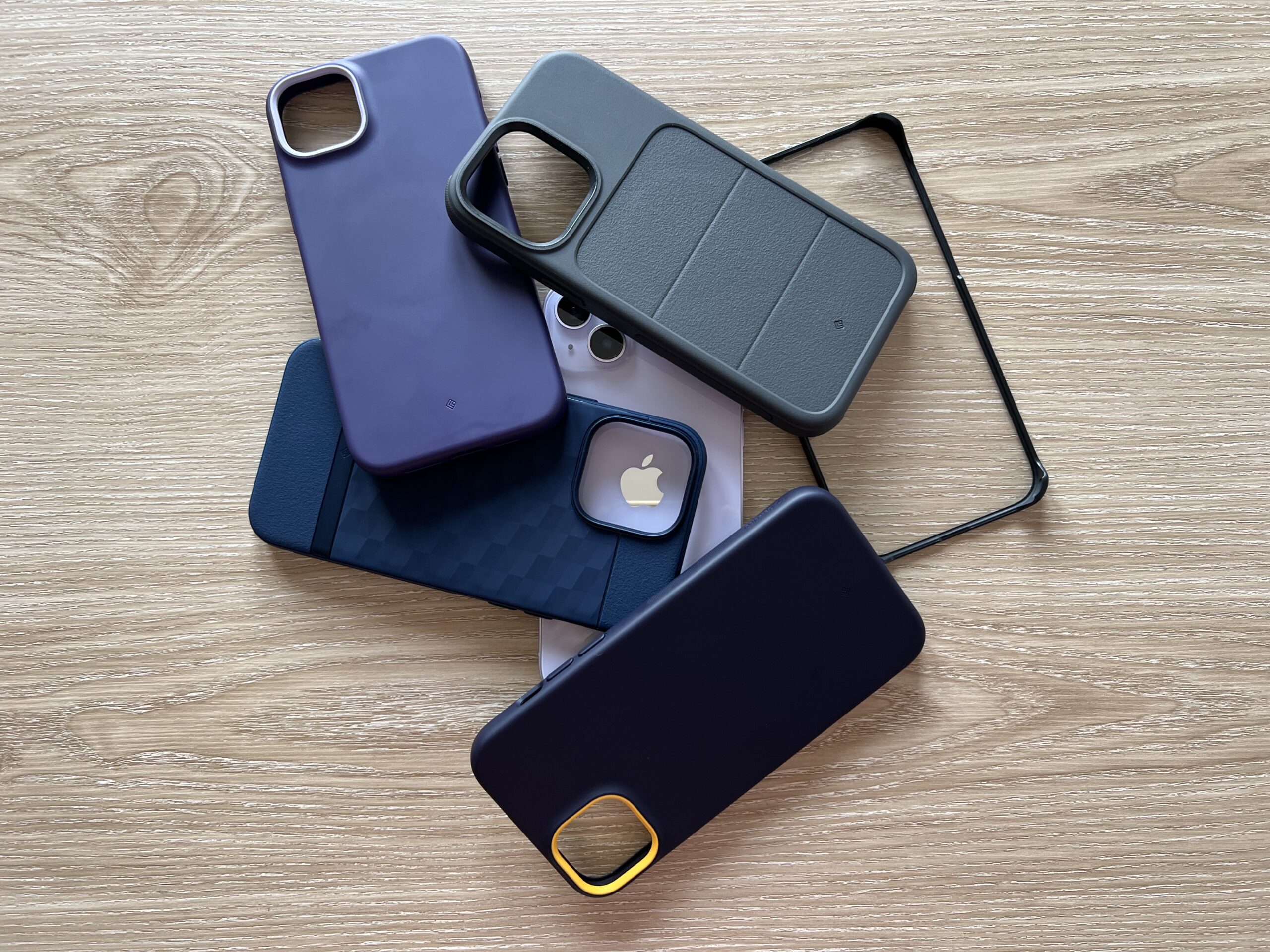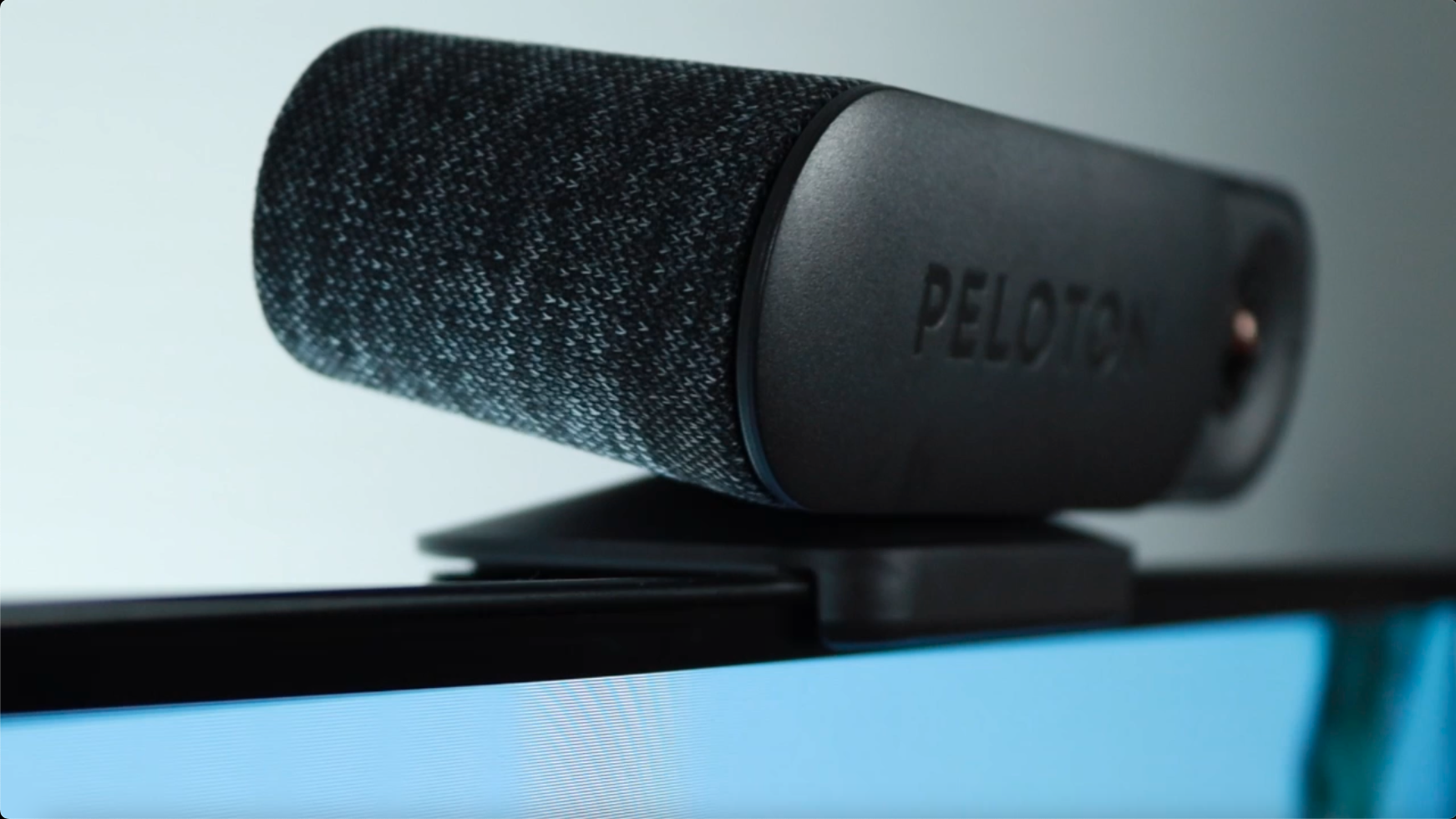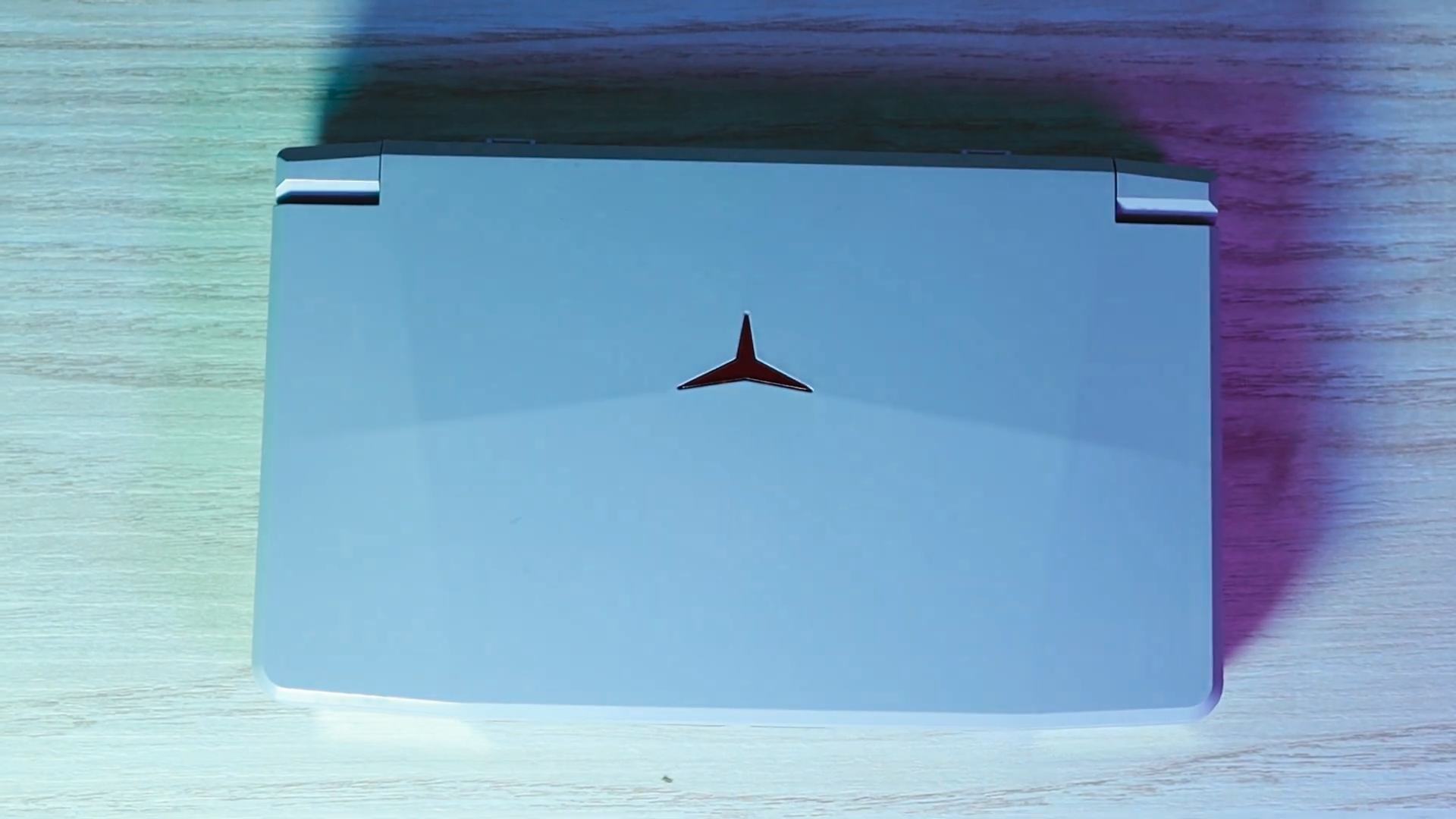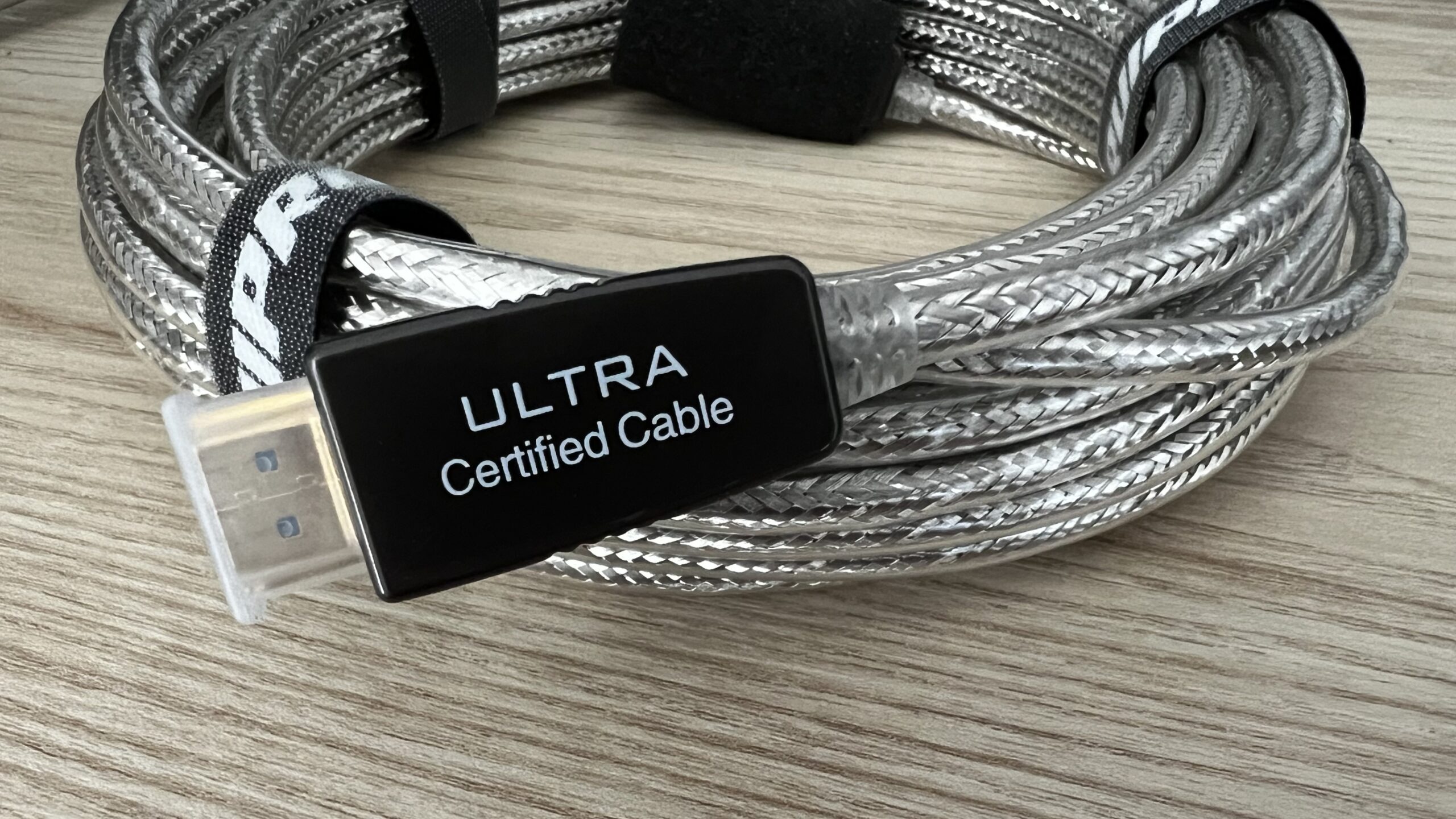Apple today unveiled an ambitious new plan to accelerate the use of recycled materials across its products, including a 2025 target of using 100 percent recycled cobalt in all Apple-designed batteries. In addition, the company announced that by 2025, magnets in Apple devices will be made entirely from recycled rare earth elements, and all Apple-designed printed circuit boards will utilize 100 percent recycled tin soldering and gold plating.
In 2022, Apple significantly expanded its use of key recycled metals, sourcing over two-thirds of all aluminum, nearly three-quarters of all rare earths, and more than 95 percent of all tungsten in Apple products from 100 percent recycled material. This progress moves Apple closer to its goal of manufacturing all products with only recycled and renewable materials and advances the company’s 2030 aim to make every product carbon neutral.
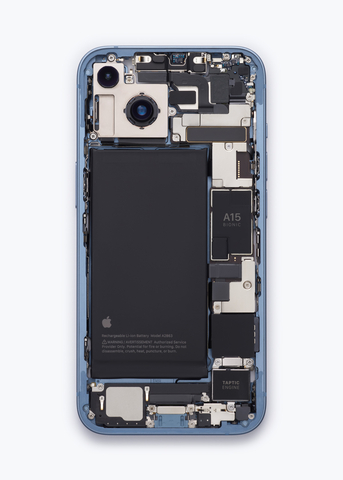
Apple CEO Tim Cook emphasized the company’s commitment to environmental sustainability, stating, “Every day, Apple is innovating to make technology that enriches people’s lives while protecting the planet we all share. Our environmental work is integral to everything we make and to who we are.”
The company’s efforts in recycling and responsible sourcing have been facilitated by innovative technologies and initiatives, such as the iPhone disassembly robot, Daisy. The robot has helped recover over 11,000 kilograms of cobalt from batteries since 2019, which has been reintroduced into the secondary market.
Apple’s progress toward its recycling goals also includes the use of 100 percent recycled rare earth elements in magnets across its product lineup, including the iPhone, iPad, Apple Watch, MacBook, and Mac models. The 2025 target will result in nearly all rare earth elements in Apple products being sourced from 100 percent recycled materials.
By 2025, Apple-designed printed circuit boards, including main logic boards, will use 100 percent recycled gold plating. The company has also committed to using 100 percent recycled tin soldering on all printed circuit boards by the same deadline.
Beyond its products, Apple is striving to eliminate plastics from its packaging by 2025. The company has developed fiber alternatives for packaging components and has introduced digital printing directly onto iPhone 14 and iPhone 14 Pro boxes, eliminating the need for most labels.
As part of its responsible sourcing strategy, Apple is partnering with organizations like the Fund for Global Human Rights to support local communities and provide vocational education programs for those transitioning away from mining.
Apple’s dedication to environmental sustainability and responsible sourcing demonstrates its commitment to creating a greener future for the tech industry and beyond. By setting ambitious recycling and sustainability goals, the company continues to lead by example in the pursuit of a more sustainable world.



